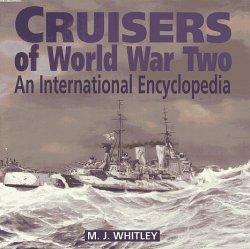For modern theories of imperialism, see Koebner and Schmidt 1964; Owen and Sutcliffe 1972; Waltz 1979; more recently Doyle 1986; Chilcote 2000. For wide-ranging studies of imperialism in the ancient world, see collected essays in Garnsey and Whittaker 1978. On ubiquitous warfare in ancient Greece and Rome, in addition to works cited in the text, see van Wees 2000, 2004; Rosenstein 2004; Chaniotis 2005; Lendon 2005; Eckstein 2006. Meiggs 1972 is fundamental for study of Athenian imperialism; cf. Finley 1982b: 41-61; collected essays in Boedeker and Raaflaub 1998. For an interesting comparative study of Athenian imperialism, which employs historical contrafactuals, see I. Morris 2005. See Badian 1958, 1968; Gruen 1984; Morstein-Marx 1995; W. Harris 1979 for Roman imperialism; also collected essays in Champion 2004b. For modern theories of citizenship, see collected essays in Beiner 1995. The reader can consult two speeches in the Demosthenic corpus for methods of establishing Athenian citizenship: Macartatus (43) and Eubulides (57). Osborne 1981-3 provides a detailed examination of grants of Athenian citizenship and naturalization, but is intended for the specialist, with reading knowledge of classical Greek. C. Patterson 1981 is a book-length study of Pericles’ citizenship law, but must be used with caution. Her thesis that before Pericles’ citizenship law Athenian citizenship, based on demes, was unrestricted has not gained many adherents; cf. Boegehold 1994; de Ste Croix 2004: 233-53. On Athenian citizenship, see further collected essays in Boegehold and Scafuro 1994, and bibliography assembled at de Ste Croix 2004: 253. Hamel 2003 provides a recent narrative account of the trial involving Neaira. Henry 2007 provides a new biography of Neaira. The definitive study of Roman citizenship remains Sherwin-White 1973. For Athenian citizenship myths, see Loraux 1986, 1993, 2000. For Roman foundation legends, see collected essays in Bremmer and Horsfall 1987; Wiseman 1995, 2004; D. Braund and Gill 2003; Dench 2005. The legend of Aeneas as Trojan exile of course figures prominently in Roman foundation stories, on which see Galinsky 1969; Horsfall in Bremmer and Horsfall 1987: 12-24; Gruen 1992: 6-51; Erskine 2001. For interrelationships between state size and citizen effectiveness, the idea broached at the end of this chapter, see Dahl and Tufte 1973.




 World History
World History









